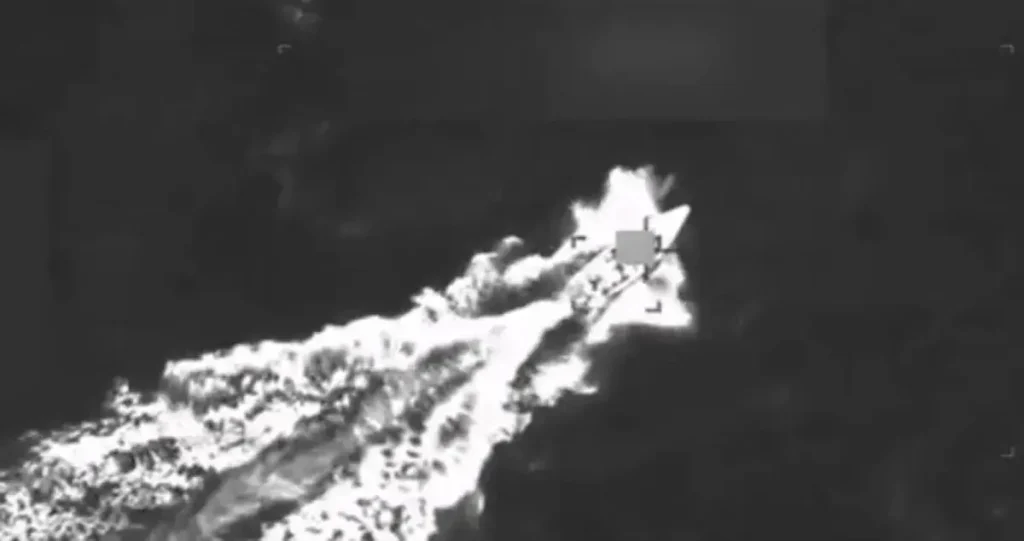Venezuela Warns Against Aggression as U.S. Military Presence Intensifies
In a world increasingly shaped by geopolitical tensions, Venezuela has emerged as a focal point of international concern. Foreign Minister Yvan Gil issued a stark warning on Sunday, stating that “any act of aggression against Venezuela is, in fact, an act of aggression against the entire region.” This declaration comes at a critical moment as U.S. military activities near Venezuelan waters have escalated dramatically since September. These operations have resulted in boat strikes killing dozens of Venezuelan nationals, whom Washington has labeled as drug traffickers. The situation exemplifies the complex interplay of sovereignty, security concerns, and international relations that characterizes modern global politics, with ordinary citizens caught in the crossfire of great power rivalries.
The intensifying U.S. campaign in the Caribbean raises profound questions about international law and sovereign rights. Venezuela has consistently maintained that these operations violate its territorial sovereignty and appear politically motivated rather than driven by genuine security concerns. President Trump’s authorization for CIA covert operations in the oil-rich nation aligns with his longstanding portrayal of President Nicolás Maduro as a corrupt authoritarian leader with ties to American adversaries. The dynamic is further complicated by findings from an Associated Press investigation that contradicted some U.S. characterizations of those targeted. While some of the more than 60 people killed were indeed involved in drug trafficking, they were not cartel leaders or members of organized criminal gangs as claimed. This discrepancy raises troubling humanitarian and ethical questions about proportionality and the true objectives behind these military actions.
The regional implications of this conflict are becoming increasingly apparent, with neighboring countries expressing concern about stability in the Caribbean. Colombian President Petro Gustavo has voiced criticism of U.S. military actions, particularly after Colombian vessels were targeted. At a recent EU-CELAC summit in Santa Marta, maritime security and regional stability dominated discussions, resulting in a joint declaration that explicitly opposed “the threat or use of force and any action not in accordance with international law and the Charter of the United Nations.” The absence of several key European leaders from this summit signals broader international divisions regarding U.S. military operations in the region. These developments suggest that what began as a bilateral tension is rapidly evolving into a multilateral concern, with potential ramifications for regional alliances and security frameworks throughout Latin America and beyond.
The human cost of this escalating situation cannot be overlooked. While U.S. Defense Secretary Pete Hegseth has defended the operations, stating that “vessel strikes on narco-terrorists will continue until their poisoning of the American people stops,” human rights organizations have taken a different view. Human Rights Watch has characterized these actions as “extrajudicial executions” that “misuse the pretext of a non-existent armed conflict to justify these unlawful killings.” This stark contrast in perspectives highlights the fundamental tension between security objectives and human rights principles that often characterizes international conflicts. For the families of those killed and the communities affected by these operations, the geopolitical justifications offer little comfort. Their experiences remind us that behind political conflicts are real human lives and communities struggling to navigate dangerous waters both literally and figuratively.
The situation has attracted global attention, with Russia announcing readiness to provide military support to Maduro’s government, potentially transforming a regional issue into an international flashpoint. Meanwhile, in Washington, political divisions over the proper approach to Venezuela were laid bare when Senate Republicans blocked a resolution that would have restricted President Trump from attacking Venezuela without congressional approval. This domestic political dimension adds another layer of complexity to an already volatile situation. The specter of great power competition looms large over Venezuela, with the country potentially becoming a proxy battleground for larger geopolitical rivalries. This international dimension raises the stakes significantly, as actions taken in the Caribbean could have ripple effects far beyond the region’s borders.
Looking ahead, the situation remains precariously balanced between diplomatic resolution and potential military escalation. While President Trump has not confirmed immediate plans for military action against Venezuela, his continued rhetoric on regime change maintains a climate of uncertainty and tension. Venezuela, for its part, continues to seek international support for its sovereignty while balancing domestic challenges. Foreign Minister Gil emphasized that “Venezuela is on alert today, but at the same time it enjoys peace, stability, and economic growth.” The path forward will likely depend on multiple factors, including the approach of the incoming U.S. administration, the response of regional partners, and the effectiveness of international diplomatic efforts. What remains clear is that the people of Venezuela and the wider Caribbean region have much at stake in how this conflict evolves, highlighting once again how geopolitical chess games can have profound human consequences for those caught in their midst.


